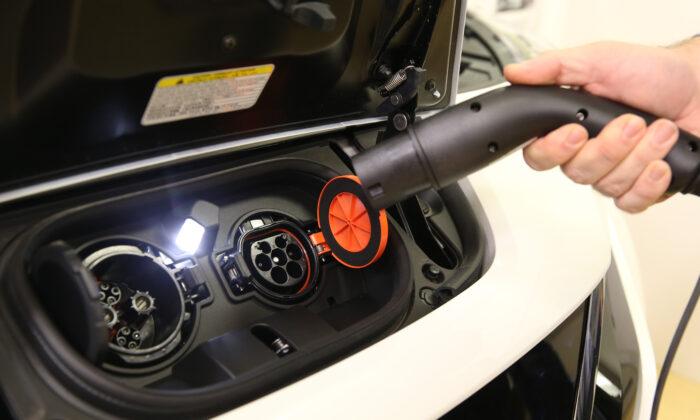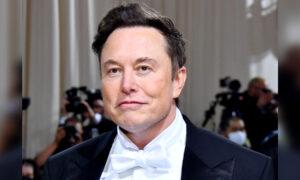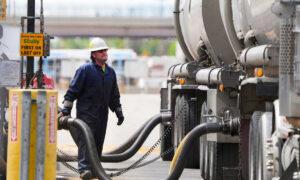Australia’s New South Wales (NSW) government has pledged a further $38 million (US$26.5 million) to expand electric vehicle (EV) charging infrastructure across the state, a move they hope will accelerate the EV revolution.
Coming as part of the 2022-23 state budget, this funding builds on the government’s $633 million investment under the NSW Electric Vehicle Strategy.
The government says this strategy reduces the barriers to purchasing an EV and will drive EV sales to more than 50 percent of new car sales by 2030-31.
Treasurer Matt Kean said on Monday that increasing the number of chargers will enable more EV drivers to benefit from their cheaper running costs, as well as a quieter, cleaner and more sustainable road network.
“You’ll never be far from a charger on our major highways, in regional destinations, apartment buildings and on kerbsides in metropolitan areas with limited off-street parking,” he said.
The new funding will be used to leverage private sector investment to service growing demand and includes $10 million to co-fund 500 kerbside charging points, providing on-street charging in residential streets with limited private off-street parking.
A further $10 million will fund EV charging electrical upgrades to 125 large and medium apartment buildings with more than 100 car parking spaces, while $18 million will go towards more EV fast charging grants to accelerate the rollout of stations, as well increasing the number of charging points from four to eight at charging stations in high-density urban areas.
“This funding will help communities stay connected and help holidaymakers hit the road to enjoy weekend trips as NSW motorists gear up for the next era of driving,” Kean said.
As the average Aussie drives under 50 kilometres a day and most EV charging is done at home, the Council says range anxiety should not be a problem for most people, with some households only needing to charge their EV once a week.
As part of the NSW Electric Vehicle Strategy, eligible EV buyers receive a $3,000 rebate and stamp duty waivers to soften the blow.
However, the Electric Vehicle Council says the price of EVs is expected to fall as innovation continues, with forecasts that both battery and plug-in hybrid EVs will reach cost parity with internal combustion engine vehicles by 2025.








Friends Read Free